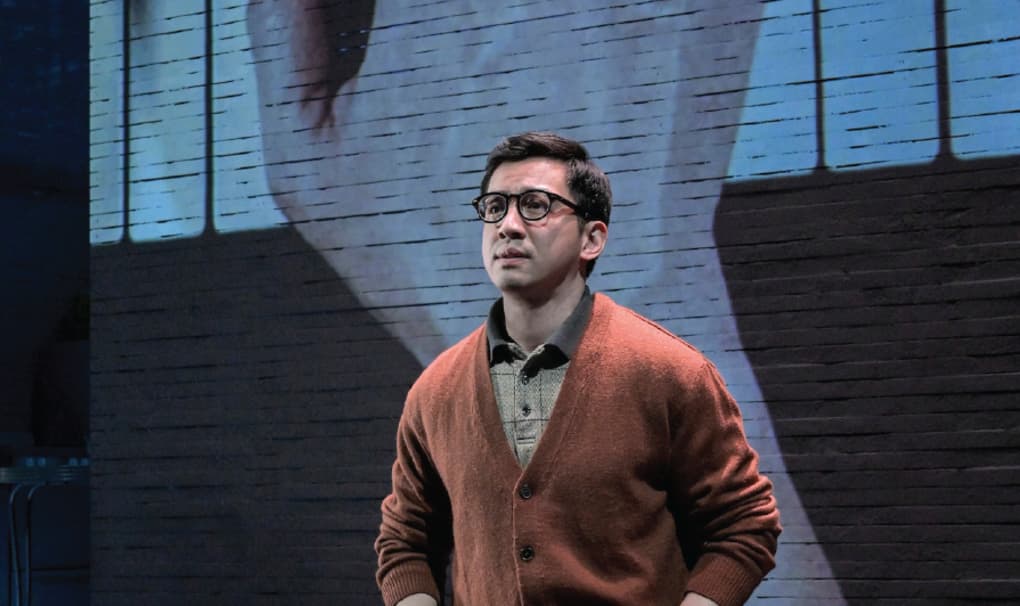

At the A.C.T. Conservatory, we seek to develop the artist in every actor and prepare them to succeed in all aspects of the profession, including acting in film and on television. Whether on stage or screen, acting is about conveying the emotional truth of the character, but the change in medium requires some adjustments. Below, actor Warren David Keith—who also directs and teaches at A.C.T.’s Summer Training Congress—shares some tips for stage actors looking to translate their skills on camera.
- The distance of communication has changed. The back row of the theater may be 20 feet or hundreds of feet. It might be the Aurora or the second balcony of the Geary Theater, but that is the distance that the theater actor must bridge. On film it is only the distance to the lens and to the microphone.
- Performance and experience. In the theater you must render a performance in order to be seen and heard in the furthest seat. The camera detects all aspects of “performance” and renders the judgment: “false.” On camera you must have an “experience.”
- What is Realism? Since almost all film is shot with actors working in the Realistic Style, a useful definition of that Style follows: Realism is the art of disguising “art” to give the appearance of reality.
- Emotion. Some actors waste energy trying to convince an audience that they are having a certain feeling. They only way you can do that effectively is by convincing yourself, and the only way to do THAT, is to have the feeling.
- Less is less. What is the last great performance you saw by a film actor? Did he or she appear to be doing less? Here’s useful advice from Viola Davis in a 2016 interview in the New Yorker Magazine: “I don’t see acting as hiding—I see it as stepping up buck naked in front of a group of people that you don’t know. Every single time. It’s about exposing. If you're not doing that you’re basically not doing anything.” There can be a great deal of feeling without as much externalization. Think: simplicity without loss of passion. Or, “speak softly and think loud.” (Montgomery Clift)
- The camera photographs thoughts. A director will always film reaction shots, will always film the Moment Before and the Moment After. Thinking about your line cue is not human thought, it is an actor thought. The camera detects that and the film viewer rejects it. Your thoughts are the thoughts that most deeply engage the character you are embodying. All the time.
Warren David Keith is an actor, teacher, and director. He is a graduate of Wesleyan University and the Yale School of Drama and has served on the faculties of Barnard College, The New School, UC Davis, American Conservatory Theater, The Nueva School, and as a Teaching Fellow for the National Endowment for the Humanities. In addition to theaters in NYC and across the East Coast he has also appeared at A.C.T., Aurora Theatre, Berkeley Repertory Theatre, California Shakespeare Theater, Marin Theatre Company, SF Playhouse, TheatreWorks, and Word for Word. Onscreen appearances include: Haiku Tunnel, Love and Taxes, Raising Arizona, Fargo, The Big Lebowski, and A Serious Man.

